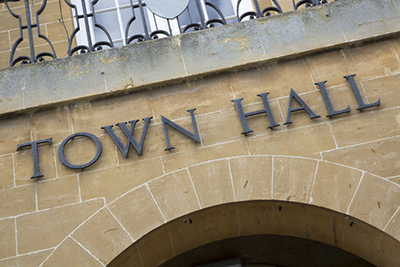2025 Local Elections

The Climate Election project aims to make candidate views on climate change and net zero available to voters. We are now conducting a limited test run on the May 2025 local elections.
We will focus on a sample of council seats in Cornwall, Durham, Hertfordshire and Shropshire, as well as the Hull and East Yorkshire and Greater Lincolnshire Mayoral elections.
We need voters to contact their candidates to ask for their views, and to let us know what they say. Please find information on contacting your candidates and contributing information to this project here. You can contact us at climate.election@lse.ac.uk
Please find information on your candidates below if you live in one of the following Parliamentary seats (If you are unsure, please check using the postcode search on the front page) or Mayoral areas:
Local council elections
- South East Cornwall (for seats in Cornwall council)
- North Durham (for seats within Durham council)
- North East Hertfordshire (for seats within Hertfordshire council)
- South Shropshire (for seats within Shropshire council)
Mayoral elections
Why local elections?
The Climate Change Committee note that “Combined authorities and local authorities are a cornerstone of climate change partnerships across the country … They are the closest form of government to local people, and know what works best in their areas.” It also estimates that local authorities have influence over a third of the emissions in their local area.
The current Government’s target of achieving clean power by 2030 will involve significant additional infrastructure affecting local communities. Local elections are important in determining the pace and direction of change. However, voter turnout at local elections is low, just 35.9% in 2021, compared to 59.7% for the 2024 general election. It is important that people vote, and that they have accurate information on candidates’ views.
Why these areas?
On 01 May there are 23 council and six Mayoral elections taking place with over 1,600 seats to fill. It is not possible to cover all elections with this project. Instead, a geographical spread of councils for which seats are likely to be hard fought has been selected (Cornwall, Durham, Hertfordshire and Shropshire). Those seats within the boundary of the most marginal Parliamentary constituency of the last election (the area covered by South East Cornwall, North Durham, North East Hertfordshire and South Shropshire) were chosen as a trial.
For the Mayoral elections, Hull and East Yorkshire and Greater Lincolnshire were chosen, as these are new boundaries which have not elected a Mayor previously.

